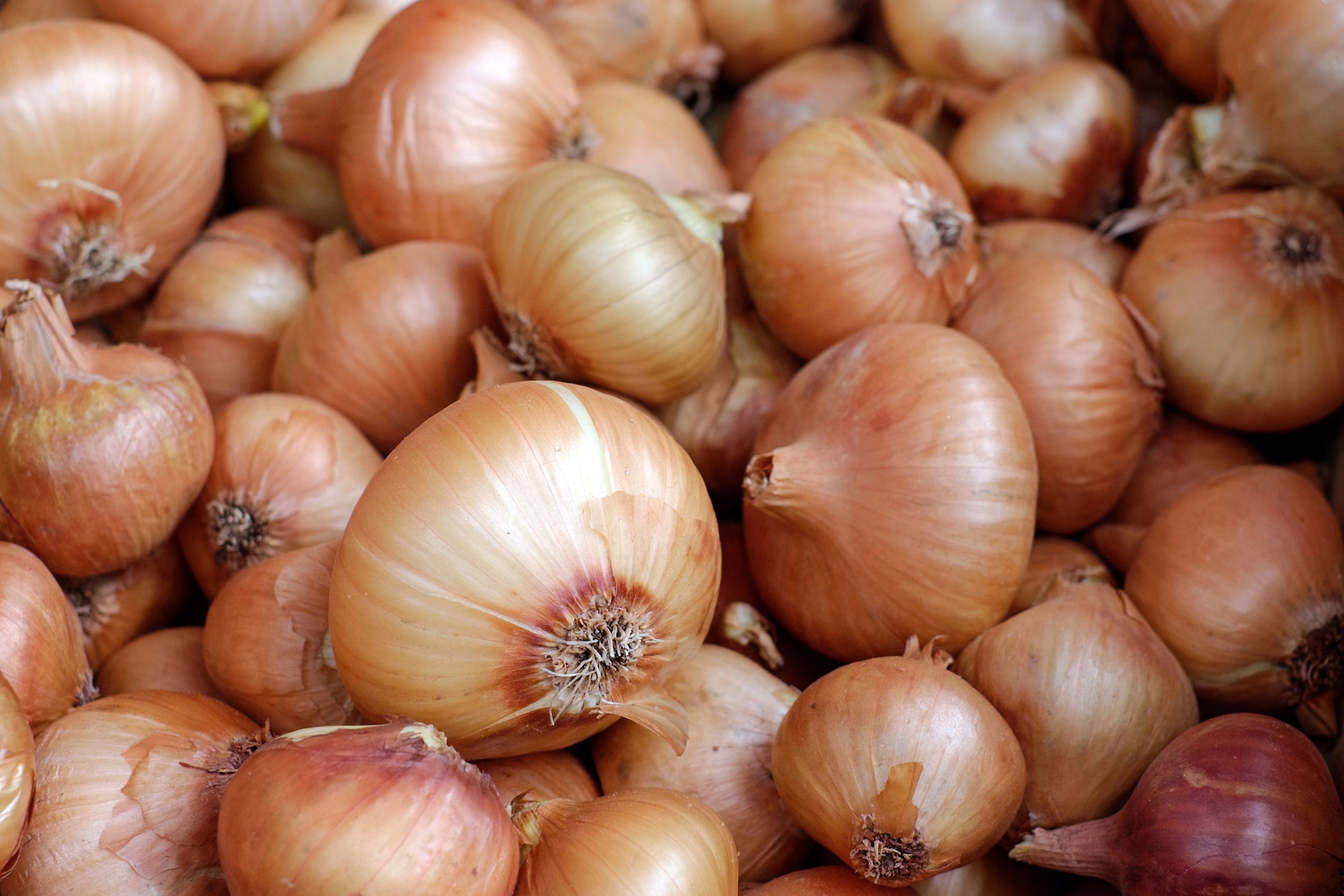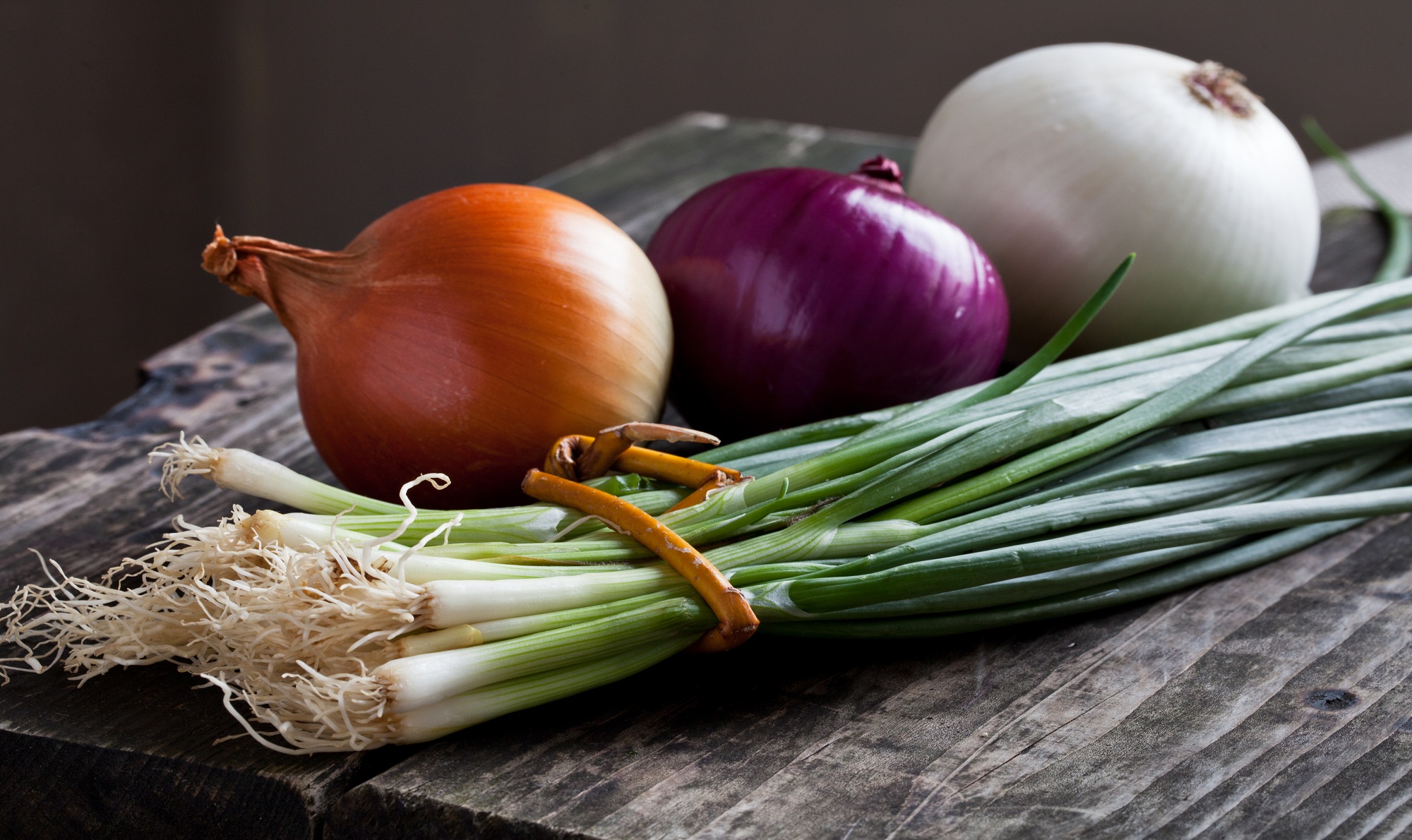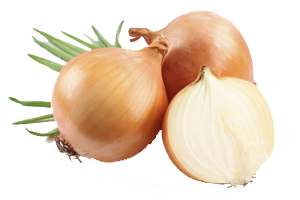


Register now and take advantage of the lower fees.
The “early bird” registration fee is valid until April 1st!
Register now and take advantage of the lower fees.

KEY DATES
Start of abstract submission: 1 February 2022
Deadline for abstract submission: 15 April 2022
Deadline for abstract modification: 20 April 2022
Deadline for full text paper submission: 15 May 2022
Deadline for full text paper modification: 1 August 2022
Registration is now open
The Symposium will be held as a virtual meeting.
All relevant information will be updated on the Symposium website
Innovation in Agriculture and Seed Science for Edible Alliums
Symposium themes:
- Biodiversity, Genetic Resources, Genomics, and Transcriptomics
- Plant (Eco)Physiology and Propagation
- Production Technology, Crop Management and Organic Farming
- Pest and Disease Management
- Quality and Postharvest Technology
- Economics, Marketing and Industry
INTRODUCTION
Allium is a taxonomically complicated genus with more than 750 species and approximately 60 taxonomic groups at subgenera, sectional and subsectional ranks. The origin of the Allium spp. is still somewhat a mystery and many botanists doubt the existence of Allium cepa L. as a wild plant. Domestication of Alliums occurred more than 4000 years ago and today Alliums are one of the most important and represented vegetable crops distributed all around the world. They include: onions, garlic, leek, bunching onion, shallot species, potato onions; all as commercial and listed cultivars, old landraces, ecotypes and spontaneous hybrids.
Allium cepa L. is one of the oldest cultivated vegetables and is currently the second most widely cultivated vegetable in the world. By application of selection and crossings a number of different A. cepa forms and varieties have been produced.
They can be grown in different climates, on every continent, including in the extreme northern regions and humid tropical and subtropical regions.
Other minor Allium species, of less economic importance than onion, are grown sporadically in restricted regions around the world, and were historically of greater importance.
In the recent years, the interest of farmers is shifted towards introduction of local landraces in commercial production. Additionally, programs aimed in creation of products labelled as, for example, Protected Designation of Origin are getting more importance. The participatory breeding programs representing cooperation of farmers and breeders are focused on creation of high added value products as drivers of the local rural economies.
The Alliums are good example for such cooperation due to their high morphological and genotypic diversity and richness of bioactive compounds.
The multi-actor approach contributes to the development of resilient farming systems by preservation of Allium genetic resources from erosion and protection of local agricultural cropping system by utilization of the current trends in plant genotyping, phenotyping and breeding.
During the VIII International Symposium on Edible Alliums scientists from around the world will have the opportunity to discuss the current trends in research, production, processing and marketing of Allium crops. By hosting this symposium we expect participation and/or support from academic and research institutions, both local and regional government, as well as the business sector, from large multinational companies to local farmers.


